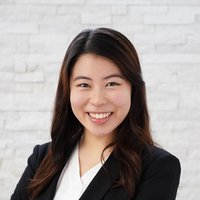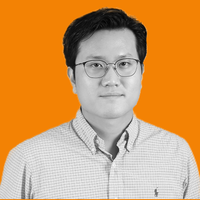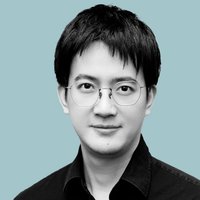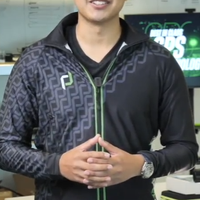Computer & electronics hardware
Steven TOUZARD
This promising approach to quantum computing reduces the necessary overhead by orders of magnitude.

Japan
Lisa Orii
Designing technologies that address injustice and empower vulnerable populations.

Korea
Jiwon Yune
Providing solutions for the safety of people and the environment.

Global
Xu Zhang
Developing a kind of two-dimensional semiconductor.

Europe
Sukrit (Roy) Hotrabhvanon
Co-founder and CEO of PlayerData
